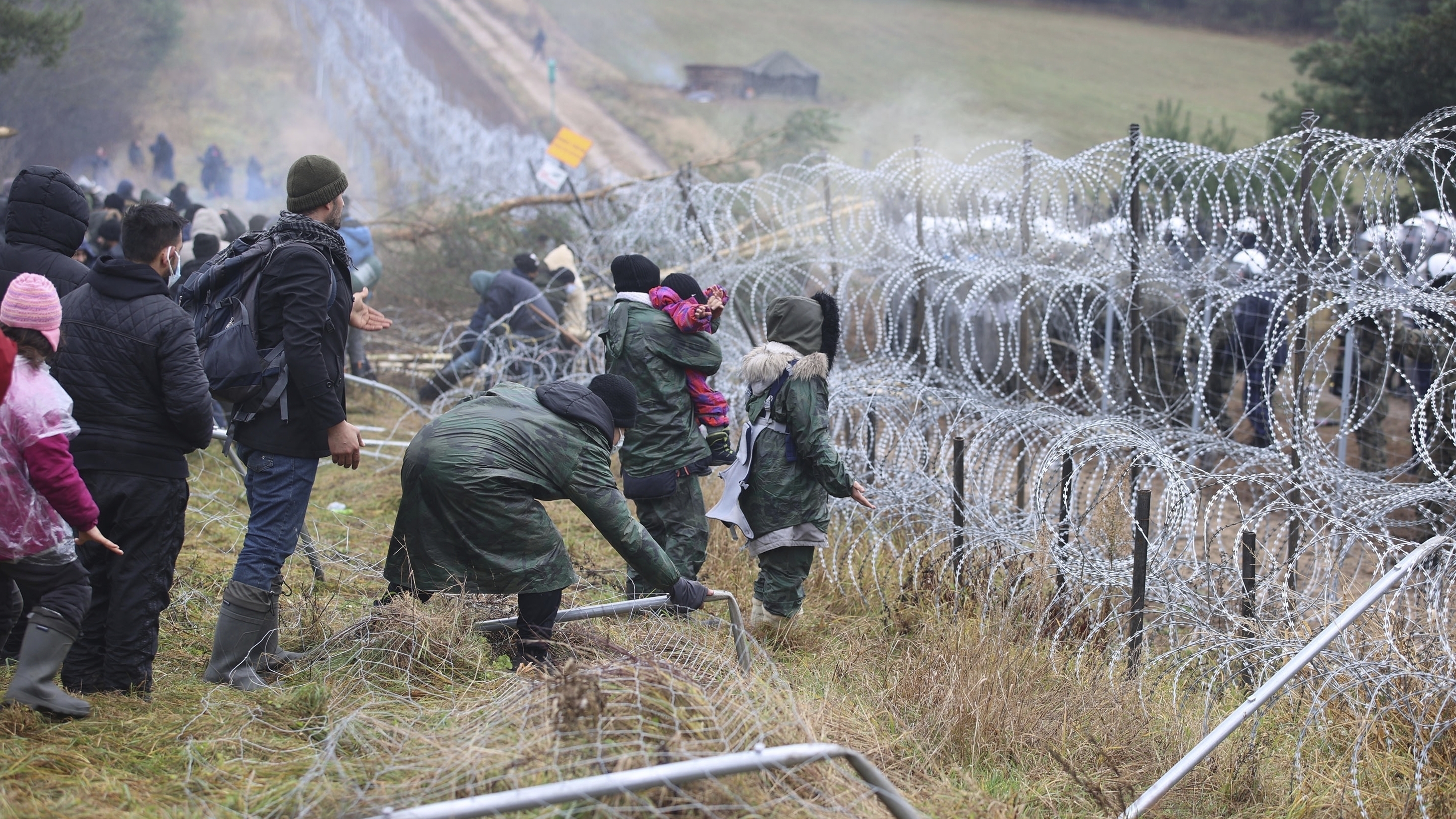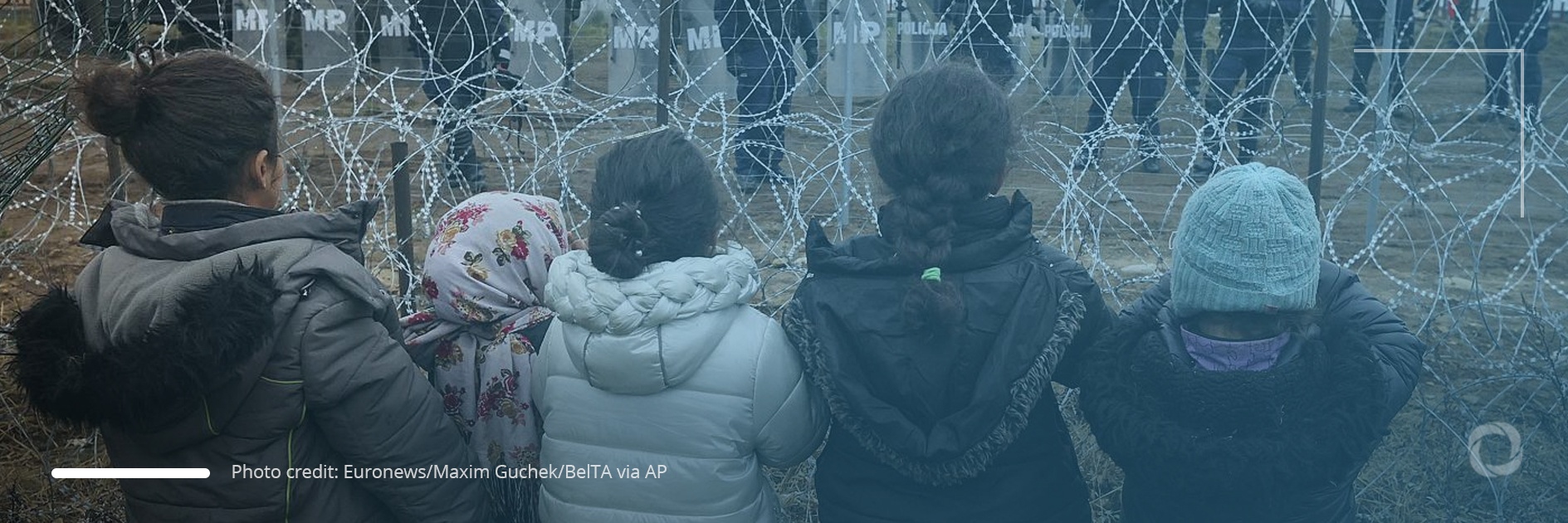EU diplomacy has been making efforts to resolve the month-long humanitarian crisis on the Polish-Belarusian border which has been viewed as turning into a political crisis. German Chancellor Angela Merkel has talked to Alyaksandr Lukashenka twice yet they have so far failed to reach an agreement.
As the migration crisis evolved into riots between Polish security forces and some migrants at a border point in Kuźnica Białostocka (Eastern Poland), efforts to resolve the conflict have been seen to be stepping up.
The EU, including Poland, share the stance that the migration crisis was totally provoked by Belarus as an act of retaliation for the EU sanctions imposed on Minsk regarding the violation of human rights. The EU has accused Belarus of causing a hybrid war by using asylum seekers as a political weapon, by facilitating their arrival from their countries of origin, and forcing them to cross the Polish, Lithuanian and Latvian borders in an attempt to destabilize the EU border.
EU opens “technical talks”
After two phone conversations that Merkel had with Lukashenko, the EU agreed to hold “technical talks” with Minsk on how to repatriate migrants seeking to cross the Polish border. Steffen Seibert, Merkel’s spokesman, said that during the phone conversation both sides “underlined the need to provide humanitarian care and return options for the affected people”. According to Merkel, this could be done with support from the United Nations Refugee Agency, the International Organization for Migration, and in cooperation with the European Commission.
Poland has been recently visited by the European Commissioner for Human Rights, Dunja Mijatović, who condemned the pushbacks and appealed for immediate access to humanitarian aid.
“The humanitarian and human rights situation along Poland’s border with Belarus is alarming. Urgent action is needed to protect the lives of people stranded in the border regions,” she said.
In the meantime, the Polish authorities have said that the number of asylum seekers trying to cross its border had begun to fall. Polish Prime Minister Mateusz Morawiecki also said that Poland was able to finance the return of migrants to their countries of origin.

Belarus denies talks with EU
For his part, Belarusian President Alyaksandr Lukashenka said he did not want a confrontation with Poland. He warned that Poland, which was considering closing all border points with Belarus, was risking relations with China and Russia if that should happen.
Also, on 22 November, Lukashenka said that neither he nor his officials had been contacted by EU representatives.
“I’m waiting for the EU to answer,” he said. “They don’t even look at it (the problem). And even what she (German Chancellor Angela Merkel) promised me – contacts. They are not even getting in touch.”
Lukashenka emphasised that he was still waiting for a response from the EU concerning its readiness to take in 2,000 refugees who were on the Belarusian side. He also offered to ensure flights for 5,000 migrants to take them back home. Last week, Belarus sent 400 Iraqis back, this being the first repatriation it had undertaken.
Asylum seekers trapped
Meanwhile, thousands of people from Iraq, Syria, Afghanistan, Congo, and other countries of the Middle East and Africa continue to be trapped between Poland and Belarus. Belarus is not willing to shelter them and nor are the Polish authorities ready to do so. Thus the asylum seekers are pushed back and forth by both sides, very often experiencing violence, hunger, and hypothermia. According to official statistics given by the Polish authorities, 11 migrants have died so far, including a Syrian child who was one year old.

